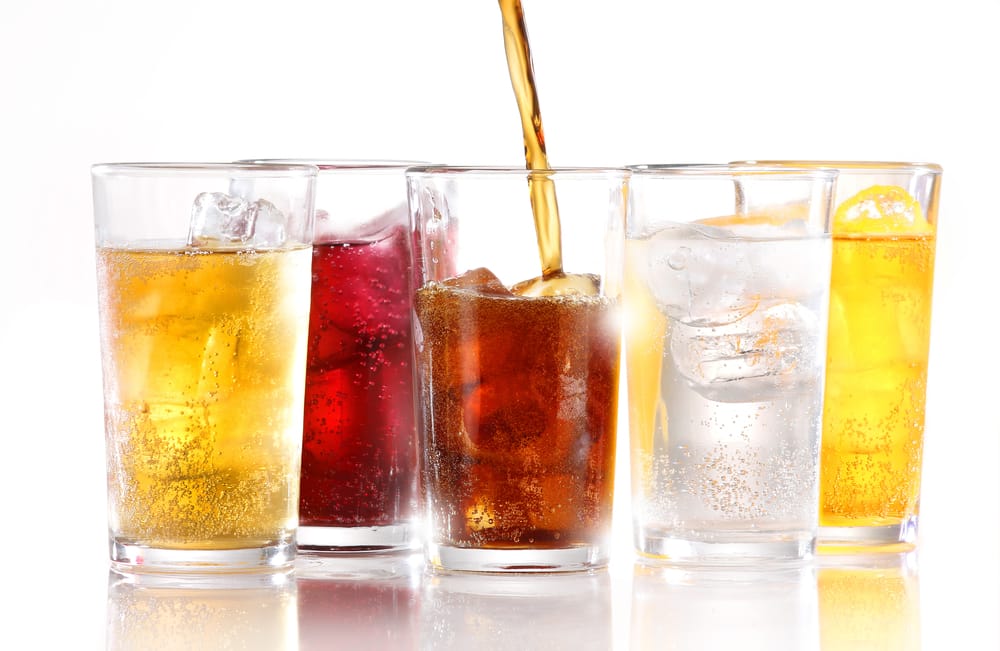Addiction Treatment
What Constitutes “Normal” Drinking?

Written By:

Table of Contents
The first step to recovery is, of course, admitting you have a problem. Thousands of alcoholics are completely unaware that they even have a drinking problem. Be it due to a lack of information, general denial or surrounding cultural and social influences, not being able to recognize problematic, alcoholic drinking can prolong a dangerous drinking career, preventing a very possible life of recovery. A 2015 study published in the psychological journal Addictive Behaviors, which surveyed about 10,000 adults in the US and UK, shows that the “normative perception” of how much the public consumes alcohol can greatly impact one’s own drinking habits.Subjects were given a 10-question AUDIT test to assess their drinking habits. They were asked to give their own approximation of their drinking habits, on a scale from “low” to “high.” Of those who fit the clinical criteria for being at risk of alcohol dependence, a fourth believed they consumed either an average amount—or even less—compared to their peers. Researchers in charge of the study believe that alcoholics tend to adjust their perception of what constitutes “normal” drinking to justify their own chronic use. Ask any individual in long term recovery from alcohol and they will tell you that “it wasn’t that bad” was a thought process that kept them drunk for too many years. Normalizing destructive behavior in one’s mind can easily open them up to it. One factor which supports normalized behavior as a causal factor in fledging alcoholism is the age range of the subjects that turned out to most likely to underestimate their drinking habits: 16 to 24. Outside research suggests that youth may be encouraged to drink (and use other drugs), at least subconsciously, by movies and music; and that those who do not engage in that sort of media are less likely to develop these addictions.If you think someone you know is an alcoholic, but they do not seem to recognize the seriousness of their situation and drinking, our professional staff can guide you on the steps you need to take to talk to them about their problem. Our addiction specialists can help you to put into perspective their reality and help steer that individual toward seeking treatment themselves.To get a greater sense of our approach to treating alcoholism here at The Last Resort, please explore our website. Feel free to give us a call for further information: 512-750-6750
